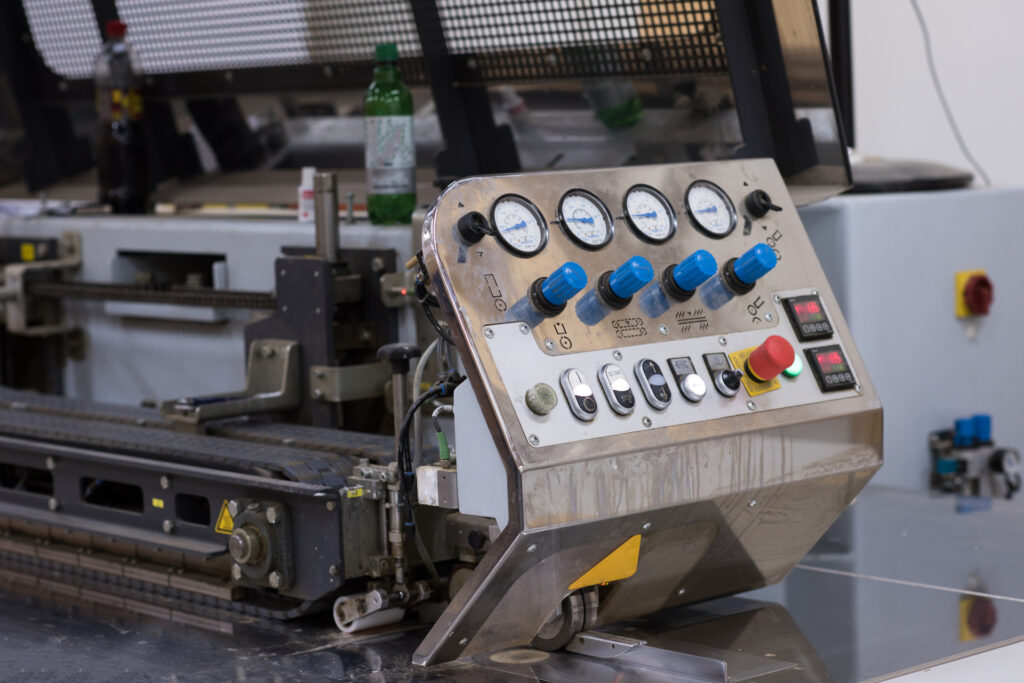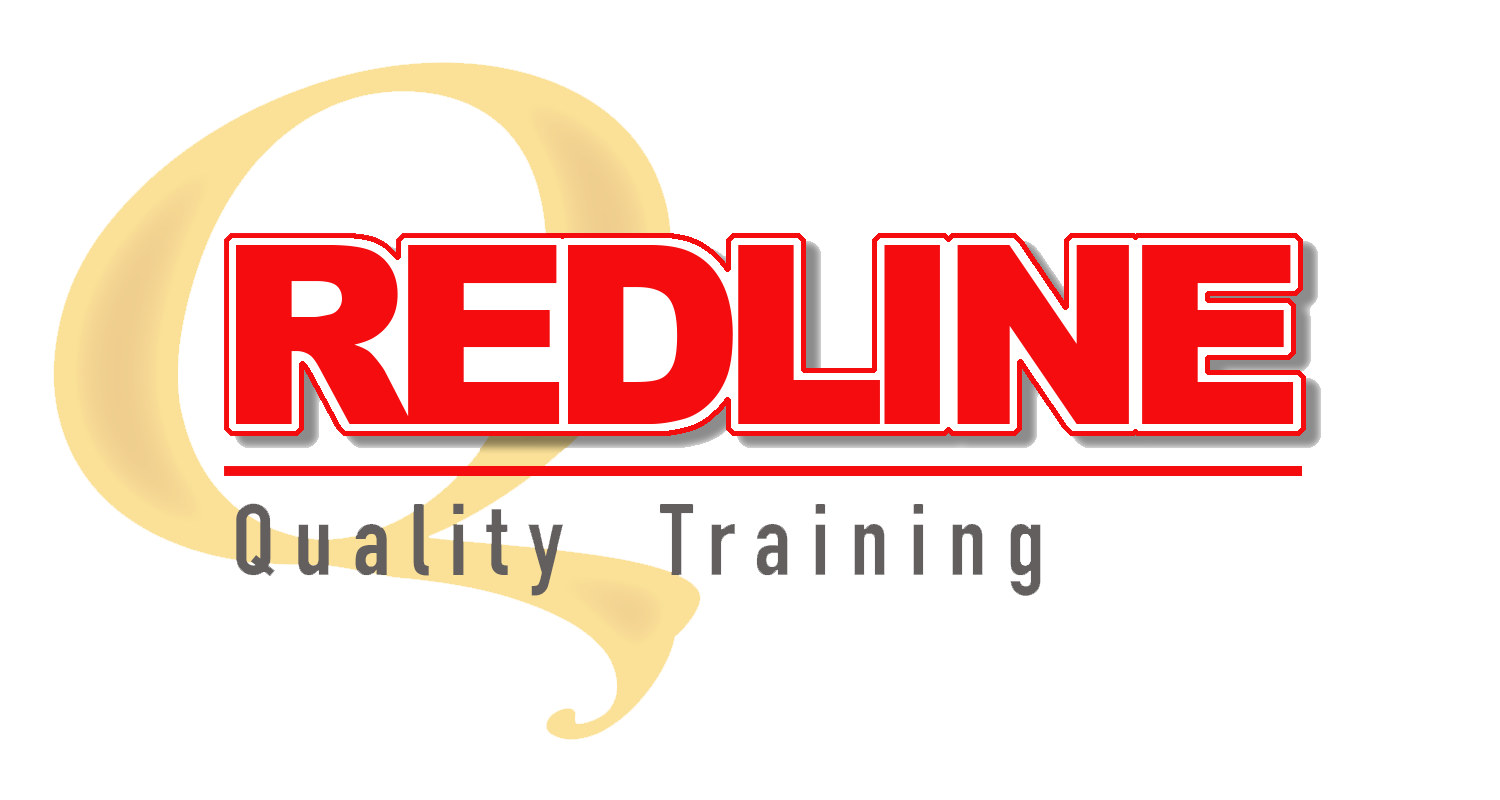
Computer System Validation (CSV)
Aligned with industry standards for software validation, this course provides comprehensive knowledge of CSV and CSA methodologies, applying both to software validation. The course dives into applying risk-based testing to software validation, enabling teams to perform qualification activities and avoid the pitfalls and excessive non-value-added things that slow progress, cause non-compliance problems, or worse, deploy something that fails to meet the organization’s needs efficiently and effectively.

Equipment, Facilities, & Utilities Qualification/ Validation
Employing Good Engineering Practices (GEP), this course focuses on performing excellent validation activities for quality beyond compliance. Students will learn through lectures and workshops to develop validation plans, protocols, and reports that are clean, transparent, and communicate effectively. Also addressing conditions for revalidation, the student will gain knowledge and competence to lead equipment, utility, and facility validation activities throughout the lifecycle of the system. This course also offers a deep dive into how to document process validations for practitioners of any technical writing proficiency level.

Process Validation/ Qualficiation
Employing Good Engineering Practices (GEP), as well as industry-proven methods for success, this course teaches students how to methodically design and execute Operational Qualifications (OQ), Performance Qualifications (PQ), and Process Performance Qualifications (PPQ). Exploring the different strategies to design a process validation, the course also teaches students how to calculate sample sizes and choose appropriate statistical techniques. This course also offers a deep dive into how to document process validations for practitioners of any technical writing proficiency level.

Physical Test Method Validation
Part of the systems validation training collection, pTMV is a critical element of maintaining an effective QMS. Students will learn, workshop, and demonstrate how to use Measurement System Analysis (MSA) in conjunction with Gauge Repeatability and Reproducibility (GR&R) to design, develop, and implement validated test methods for any process. This course also offers a deep dive into how to document process validations for practitioners of any technical writing proficiency level.

ISO 13485:2016 Certified Lead Auditor
A core competency for the medical device industry, this course prepares the student to perform ISO 13485:2016 QMS audits. Engaging in lecture and workshops, students will learn to develop effective audit plans, checklists, agendas, and reports. The course is designed for the student to understand the ISO 13485:2016 and ISO 14971:2019 standards and the requirements for compliant quality systems inside of a QMS.

Risk Management (product/process)
Focused on product and process risk management, this course helps students not only understand the standard’s requirements but also how to structure a compliant and effective Risk Management system for a robust QMS. Starting from the high-level requirements, the student will learn the terminology and concepts of Risk Management, and also through lecture and workshops demonstrate competency in using RM tools such as FMEA, risk assessments, benefit-risk analysis, and risk matrices. Practitioners will learn how to maintain an RM system for a dynamic QMS, and how to integrate risk into other quality systems.

Design Control
Predicated on Risk Management principles, the Design Control training prepares students to effectively navigate the design control process, from developing user requirements, to preparing for clinical trials, and ultimately through design transfer to bring a product line to full-scale production. Students will learn through lectures, and demonstrate during workshops, how to determine and document design inputs and outputs, develop design verification & validation protocols, select and employ appropriate statistical sample size and analysis techniques, and effectively communicate results to stakeholders.

Statistical Techniques & Data Analysis for Quality Professionals
Irrespective of an organization’s size, reliable data and analyses is must-have to enter markets, remain competitive, and avoid costly mistakes. This course is designed for professionals responsible for Quality, process improvement, product/process design, and other similar activities. Students will learn through lecture and demonstrate through workshops how to calculate sample sizes and perform statistical analyses for normal and non-normal data, including learning how to perform data transformations and nonparametric hypothesis testing. Students will also learn how to create visual reports for stakeholders, as well as interpreting and communicating technical results in a format that can be understood by stakeholders that do not have a background in statistical applications.
While computer science, statistics, data analytics, applied mathematics, or similar formal education is not required to be successful in this course, students are encouraged to have college-level proficiency in mathematics or equivalent professional experience with basic statistics.

Root Cause Analysis (RCA)
A core skill needed for companies of any size, this course teaches students through lectures and workshops how to methodically solve complex problems. Different from other RCA training courses, this course also teaches students how to facilitate RCA activities, gaining and understanding of guiding and monitoring RCA teams for healthy team performance. Along with introducing RCA tools, the course also teaches students how to write concise problem statements, corrective action statements, and develop effectiveness check plans for success. Students will use provided templates to begin problem solving mock or real scenarios, including using team dynamics tools to maximize the effectiveness of the RCA activity.
